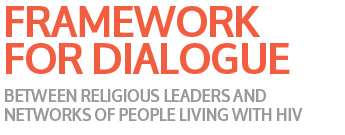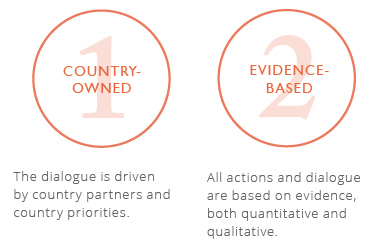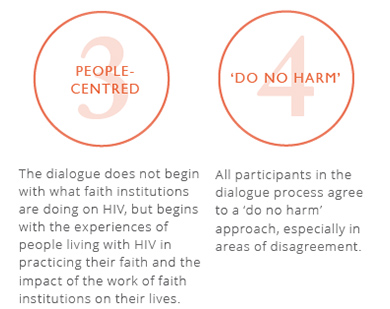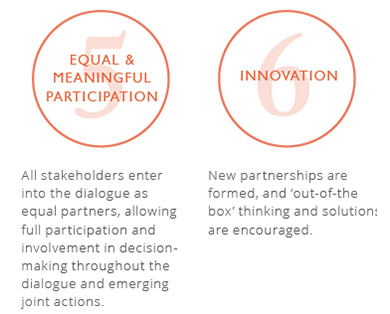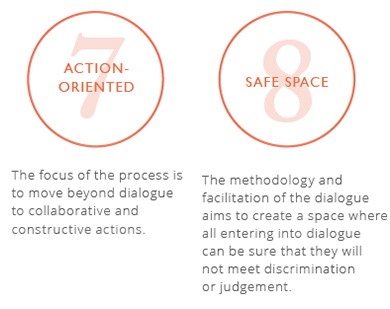The Framework for Dialogue process was initiated in Ethiopia in early 2013, which resulted in a sermon guide accompanied by capacity building to tackle HIV-related stigma and discrimination, gender-based violence and Prevention of Mother to Child Transmission.
National Working Group
Membership of the group currently includes: Network of Networks of HIV Positives in Ethiopia (NEP+); Ethiopian Interfaith Forum for Development Dialogue and Action (EIFFDA); Ethiopian Network of Religious Leaders living with or personally affected by HIV (ETNERELA+); UNAIDS Ethiopia.
Initial Face-To-Face Dialogue Meeting, April 2013
The meeting was attended by some 50 participants, including the Patriarch of the Ethiopian Orthodox Church. During the meeting, 11 follow-up activity priorities were identified, along with 3 areas for further dialogue (issues concerning gender, youth and most-at-risk populations). An official report is available, as well as an EAA bulletin article on the meeting.
Ongoing Collaboration and Dialogue
The working group is currently implementing key activities identified during the initial face-to-face dialogue. Among them, a sermon guide for the Orthodox Church on PMTCT, gender-based violence, and stigma was developed on which regional training activities for religious leader are conducted. One thousand copies of the sermon guide were printed, and 900 distributed in 20 regions.
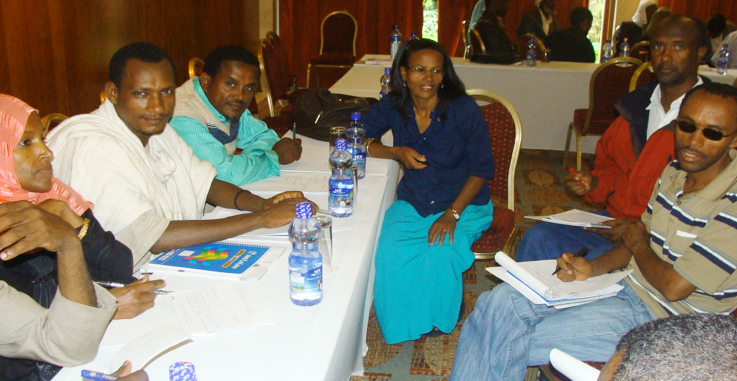
A consultation for national faith-based organizations and religious leaders was held in July in which religious leaders called for a prominent place for HIV in the post-2015 agenda. The communiqué of the meeting, signed by His Holiness Abune Matias I, Patriarch of the Ethiopian Orthodox Tewahedo Church, Honorable Sheikh Kiyar Mohammed, President of the Ethiopian Islamic Affairs Supreme Council, His Grace Archbishop Berhaneyesus Souraphiel, C.M., President of Catholic Bishops of Ethiopia and Honorable Reverend Waqseyum Idossa, President of the Ethiopian Evangelical Church MekaneYesus recognizes that the HIV pandemic “disproportionately affects women and key populations such as sex workers, discordant couples, development scheme workers and season/farm workers as well as other vulnerable populations.” The leaders stated, “As we collectively strive to overcome the stigma and discrimination and violence against women, all communities need to affirm the inherent dignity and rights of all human beings, including their undeniable right to equity, justice and access to quality health services.”
Capacity building and awareness raising among preachers and religious leaders on stigma and discrimination, and prevention of mother to child transmission (PMTCT), and two regional level dialogues between religious leaders and PLHIV are taking place in 2015.
